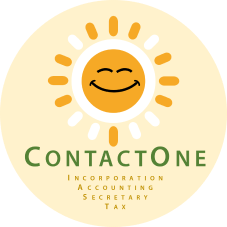Register a Company: Do Businesses Have to Be Registered?

Carrying out regular profit-generating activities requires registration with the Accounting and Corporate Regulatory or ACRA in Singapore. Unless you are exempted, registration is not necessary anymore. Company registration in Singapore is vital to obtain essential legal documents and certifications, making your business legitimate in the eyes of customers, investors, and partners. If you are planning […]
How to Register a Company in Singapore

Are you planning to start a company in Singapore? It looks like you need more than just a company name to begin with. Singapore is known to be a business-friendly place, wherein setting up a company is not as complex as other business hubs worldwide. However, the policies in place to maintain a smooth registration […]
Company Registration Checklist: Make Sure to Complete These Documents

Every business transaction a company undergoes comes with a document that legitimizes and records the negotiation. Without documents, you will be prone to disputes you can’t counter and risks you may find hard to mitigate. That is why you need to have the essential paperwork, and you have to start from the company registration documents. […]

